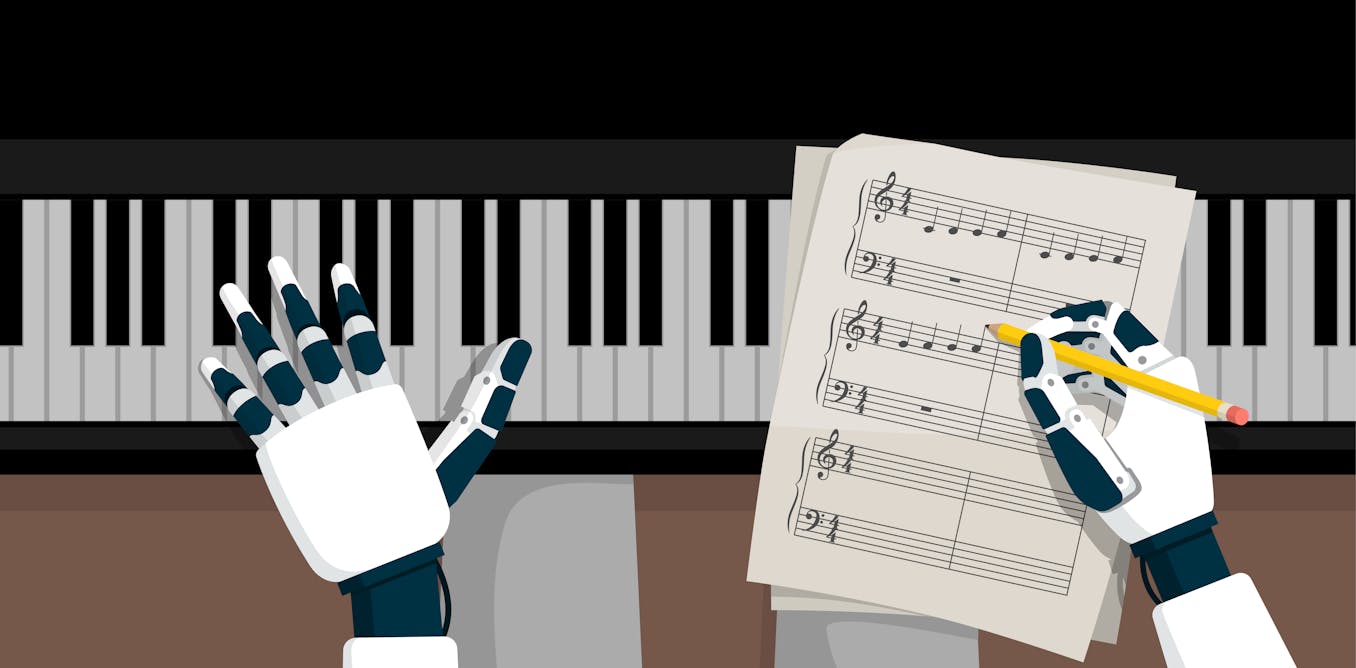One of the most sobering insights from Contributing Editor Robert N. Charette’s feature story in this issue is that the 20-year rollout of electronic health records (EHRs) in the United States happened with an intentional disregard for interoperability. As a result, thousands of health care providers are “burdened with costly, poorly designed, and insecure EHR systems that have exacerbated clinician burnout, led to hundreds of millions of records lost in data breaches, and created new sources of medical errors,” Charette writes.
The U.S. government made this myopic decision in order to speed up EHR adoption, ignoring the longer-term costs. The operating mantra, says Charette, was that EHR systems “needed to become operational before they could become interoperable.”
You could call what happened next “unintended consequences,” but that would absolve decision-makers in government and industry for making choices they knew could compromise user experience, security, and patient outcomes. The results were entirely foreseeable. A more appropriate term might be “systemic blowback”—large-scale negative outcomes that result from decisions to accelerate the adoption of new technology without consideration for the broader potential impacts.
Once you see systemic blowback in one technological context, you start to see it in others. Case in point: the global deployment of artificial intelligence.
AI’s Impact on White-Collar Jobs
In May, Dario Amodei, CEO of Anthropic, maker of Claude AI, told Axios that AI could wipe out half of all entry-level white-collar jobs—and spike unemployment to 10 to 20 percent in the next one to five years. (U.S. unemployment was about 4 percent in June.) “We, as the producers of this technology, have a duty and an obligation to be honest about what is coming,” Amodei said. “I don’t think this is on people’s radar.”
But Amodei’s acknowledgment of the potential harms of mass AI adoption comes off as just virtue signaling. Big AI, Amodei surmises, will continue to develop this technology so we can cure cancer, grow the economy 10 percent annually, and even balance the federal budget. And by the way, up to one in five people will soon be unemployed. That last part—the harm—is someone else’s problem to solve.
Computer programmers are feeling the harm right now. According to The Washington Post, more than a quarter of all coding jobs have vanished in the last two years, with much of that loss attributable to AI usage. As Spectrum reported last month, LLMs are improving at an exponential rate, which doesn’t augur well for the rest of the human workforce.
“Systemic blowback”—large-scale negative outcomes that result from decisions to accelerate the adoption of new technology without consideration for the broader potential impacts.
That includes people working in media. Ever since Google emerged as the home page of the Web in the early 2000s, media outlets operated under the assumption…
Read full article: Systemic Blowback: AI’s Foreseeable Fallout
The post “Systemic Blowback: AI’s Foreseeable Fallout” by Harry Goldstein was published on 07/31/2025 by spectrum.ieee.org






































Leave a Reply